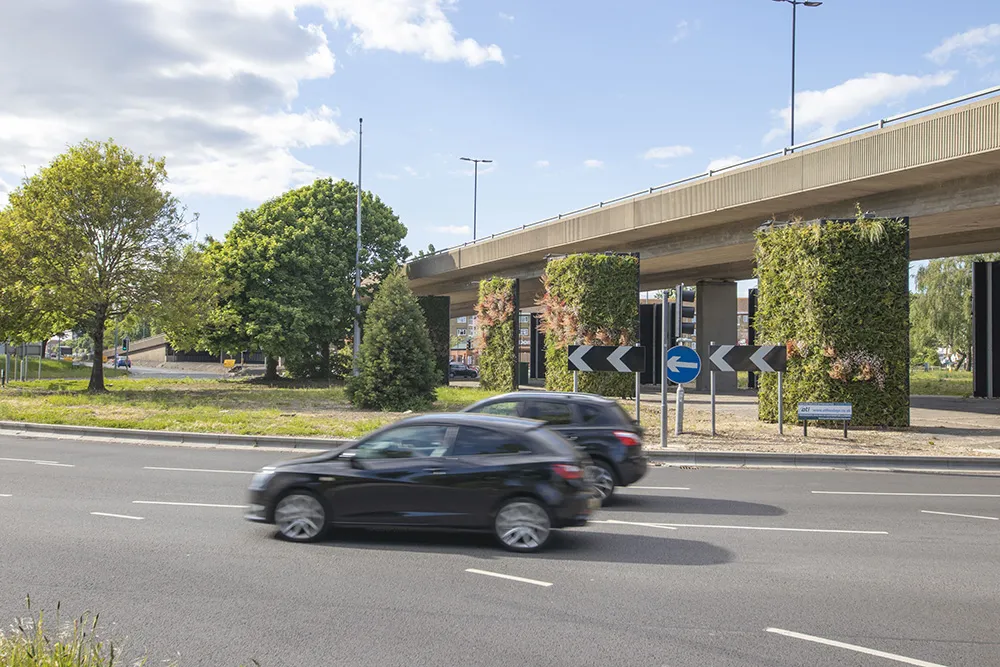Recognising the importance of freight transport in keeping their regions, and their inhabitants, fully provided for, there is a challenge not only to reducing greenhouse gas (GHG) emissions but also to improving air quality too, with the latter being a particular problem for inner cities.
Specific attention is needed to clean up HGVs, one of the most vital yet most polluting types of vehicle for cities. HGVs are estimated to account for 16% of UK road transport GHGs emissions, 21 per cent of road transport nitrous oxide (NOx) emissions but make up just five per cent of vehicle miles travelled and less than two per cent of vehicles on the road. Their disproportionate environmental impact suggests it is an area ripe for action.
Mike Foster, CEO of NGVN, said, “Progress on cleaning up Britain’s air and helping fleet operators transition to cleaner vehicles has been unacceptably slow for too long. We know this is a problem which crosses local authority boundaries which is why the new combined authority mayors will hold such a unique and vital role in driving improvements in air quality.”
NGV Network calls on new metro mayors to tackle air pollution
The Natural Gas Vehicle Network (NGVN) has called on the newly elected mayors of UK combined authorities to make tackling air pollution central to their work in the coming three years. It says the new mayors in the West Midlands, Greater Manchester, the Liverpool City Region, the Tees Valley, the West of England and Cambridgeshire could play a vital role in this effort by bringing various stakeholders together with a common goal: improving their regions’ air for the good of all of their residents. Recognisi
May 18, 2017
Read time: 2 mins
The Natural Gas Vehicle Network (NGVN) has called on the newly elected mayors of UK combined authorities to make tackling air pollution central to their work in the coming three years. It says the new mayors in the West Midlands, Greater Manchester, the Liverpool City Region, the Tees Valley, the West of England and Cambridgeshire could play a vital role in this effort by bringing various stakeholders together with a common goal: improving their regions’ air for the good of all of their residents.









